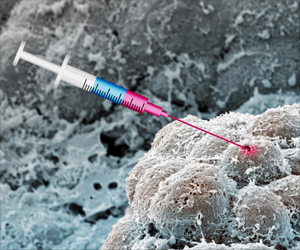Individuals with autism spectrum disorder may have difficulties in determining which tactile sensations belong to the action of someone else.

‘The severity of social difficulties experienced by those with autism may increase according to their sensitiveness to touch, which may be more than their visual or auditory sensitivities.’





For some with ASD, busy and crowded environments such as supermarkets are overwhelming, while others may be less sensitive to pain, or dislike being touched. They may have difficulties in determining which tactile sensations belong to the action of someone else, the study said.
"The results can yield a novel and crucial link between sensory and social difficulties within the autism spectrum," said Eliane Deschrijver from Ghent University in Belgium.
A normal human brain can detect very quickly when a touch is not their own. However, this process is different in the brain of adults with ASD.
Their brain may signal to a much lesser extent, when an external touch sensation does not correspond to their own touch.
Advertisement
"It is the first time that a relationship could be identified between the way individuals with ASD process tactile information in their brain, and their daily social difficulties," Deschrijver noted.
Advertisement
In the study, the researchers investigated how the brain of individuals with and without ASD uses own touch to understand touch sensations in the actions of others.
In a series of experiments with electro-encephalography (EEG), the scientists showed that the brain activity of adults with ASD differs from that of adults without ASD while processing touch.
Source-IANS











